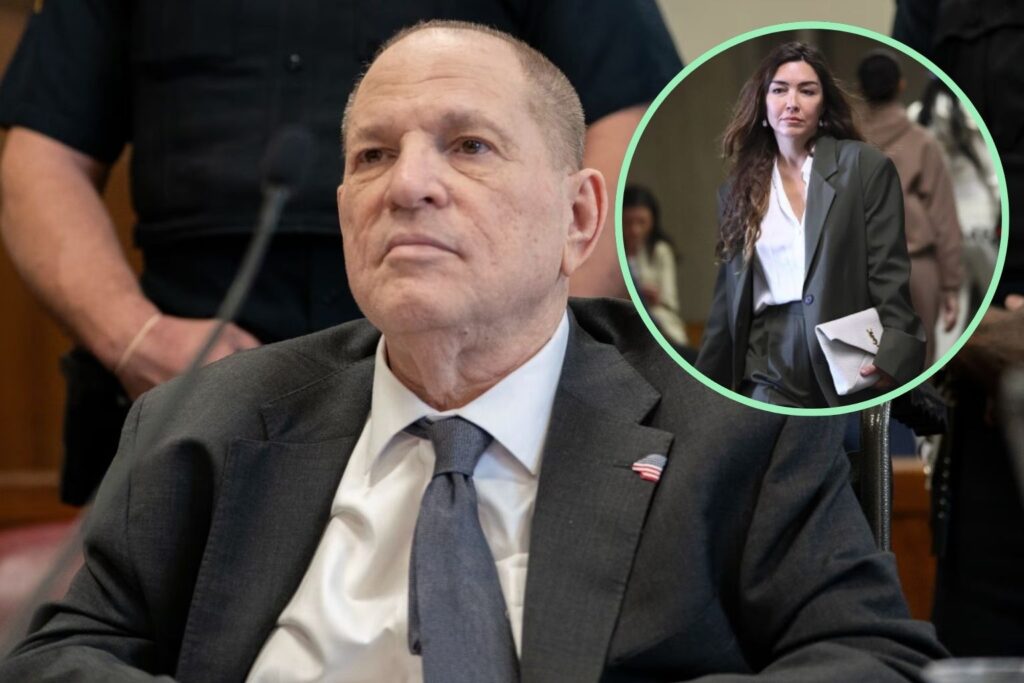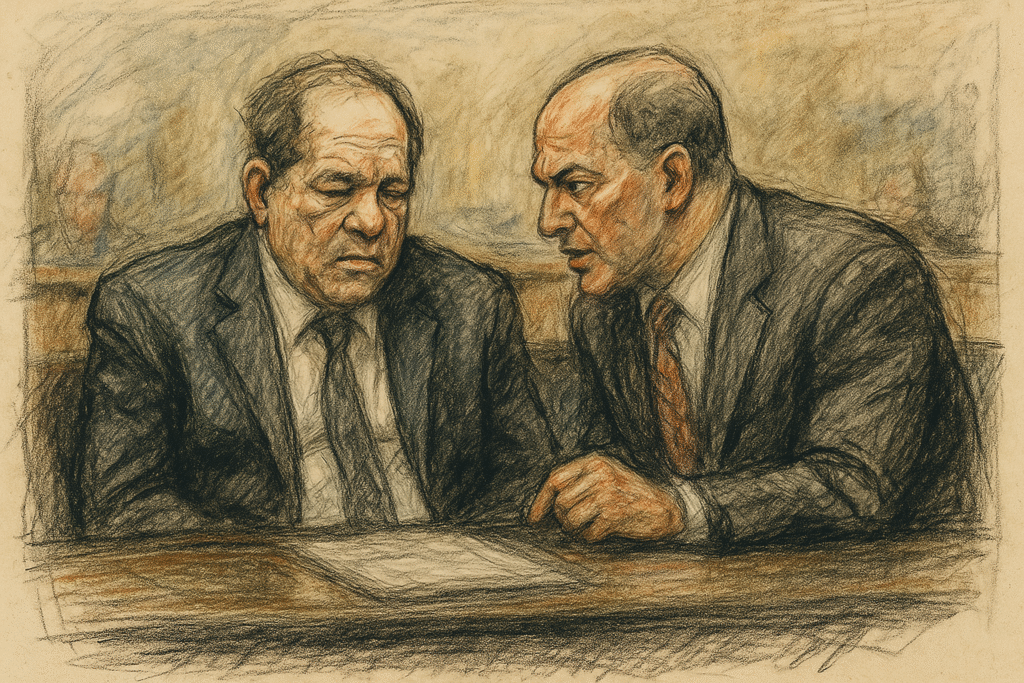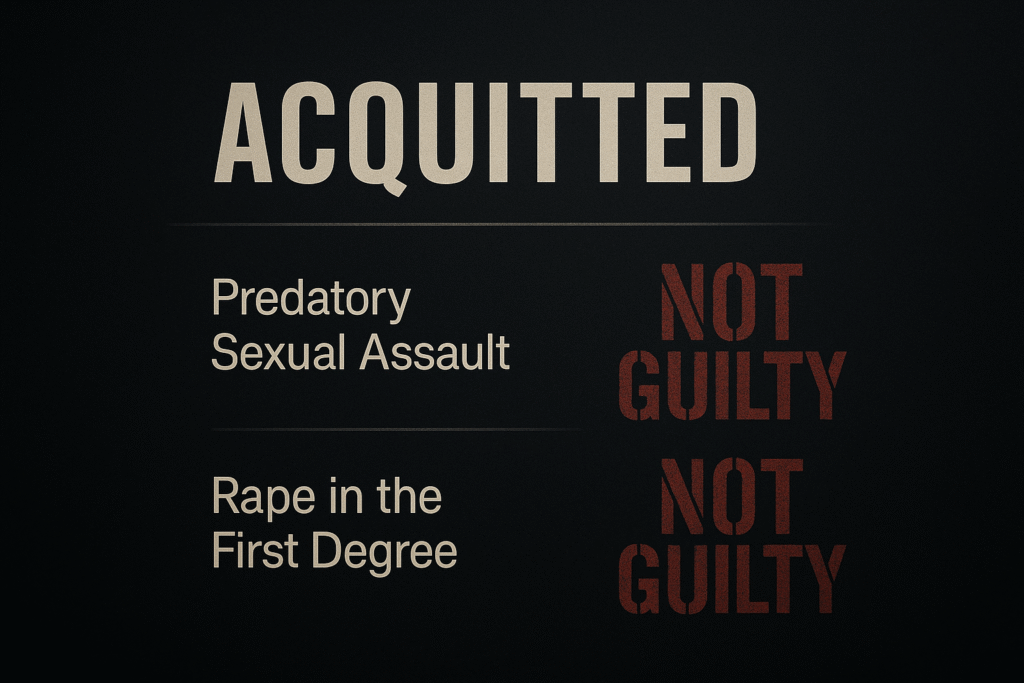Harvey Weinstein Retrial Verdict: Producer Guilty of Sexual Act, Acquitted of Top Charges

NEW YORK — A Manhattan jury delivered a stunning and complex verdict in the sexual crimes retrial of Harvey Weinstein on Wednesday, convicting the disgraced Hollywood producer of a criminal sexual act but acquitting him of the most severe charges he faced, including predatory sexual assault and first-degree rape.
The mixed decision concludes a high-stakes retrial that became a focal point for the #MeToo movement for a second time. The verdict means Weinstein faces a potential prison sentence of up to 25 years for the conviction related to accuser Miriam Haley. However, his acquittal on the charges involving a second accuser, Jessica Mann, spared him from a potential life sentence on the predatory assault charge. This outcome underscores the jury’s nuanced approach to each specific count and sets the stage for the next legal chapter, even as Weinstein remains imprisoned on a separate California conviction.
The jury of seven men and five women found Weinstein guilty of Criminal Sexual Act in the First Degree for forcing oral sex on former production assistant Miriam Haley in his SoHo apartment in 2006. Jurors rendered their verdict after three days of tense deliberations, finding Haley’s harrowing testimony to be credible beyond a reasonable doubt.
This conviction, however, was contrasted by the jury’s decision to acquit Weinstein of first-degree rape and the overarching charge of predatory sexual assault. The predatory charge required the jury to convict him of serious felonies against at least two women. By acquitting him of the charges related to former actress Jessica Mann, who testified that Weinstein had raped her in a Manhattan hotel room in 2013, the jury effectively dismantled the prosecution’s central argument for the predatory charge.
This retrial was mandated after New York’s highest court, the Court of Appeals, overturned Weinstein’s landmark 2020 conviction in April 2024. In a controversial 4-3 decision, the higher court ruled that the original trial judge had improperly allowed “prior bad acts” testimony from several women whose allegations were not part of the criminal charges. The court argued this testimony may have unfairly biased the jury, portraying Weinstein as having a propensity for bad behavior rather than being judged solely on the evidence of the specific crimes he was charged with.
Following the verdict, Weinstein’s lead defense attorney, Arthur Aidala, called the acquittals a “tremendous victory” and a testament to the jury’s diligence, despite expressing disappointment in the single conviction. “This is not a sympathy contest,” Aidala stated outside the courthouse. “It’s about the evidence, and the jury saw that the evidence on the most serious charges wasn’t there.” He confirmed his team will vigorously appeal the conviction.
The Manhattan District Attorney’s office praised the courage of the women who testified. In a statement, they emphasized that the guilty verdict still holds Weinstein accountable for his criminal actions against Miriam Haley and reaffirmed their commitment to prosecuting sexual assault cases.
It is critical to note that the Harvey Weinstein retrial verdict does not grant him freedom. He is currently serving a 16-year prison sentence from a separate 2023 rape conviction in Los Angeles. The New York conviction will impact his future legal battles and potential parole eligibility, with a sentencing date expected to be scheduled in the coming weeks. The outcome of this trial, while not the sweeping conviction prosecutors had hoped for, once again places a spotlight on the complexities of prosecuting sexual assault cases against powerful figures in the post-#MeToo era.
Media Integration Suggestion 2









